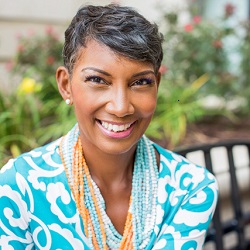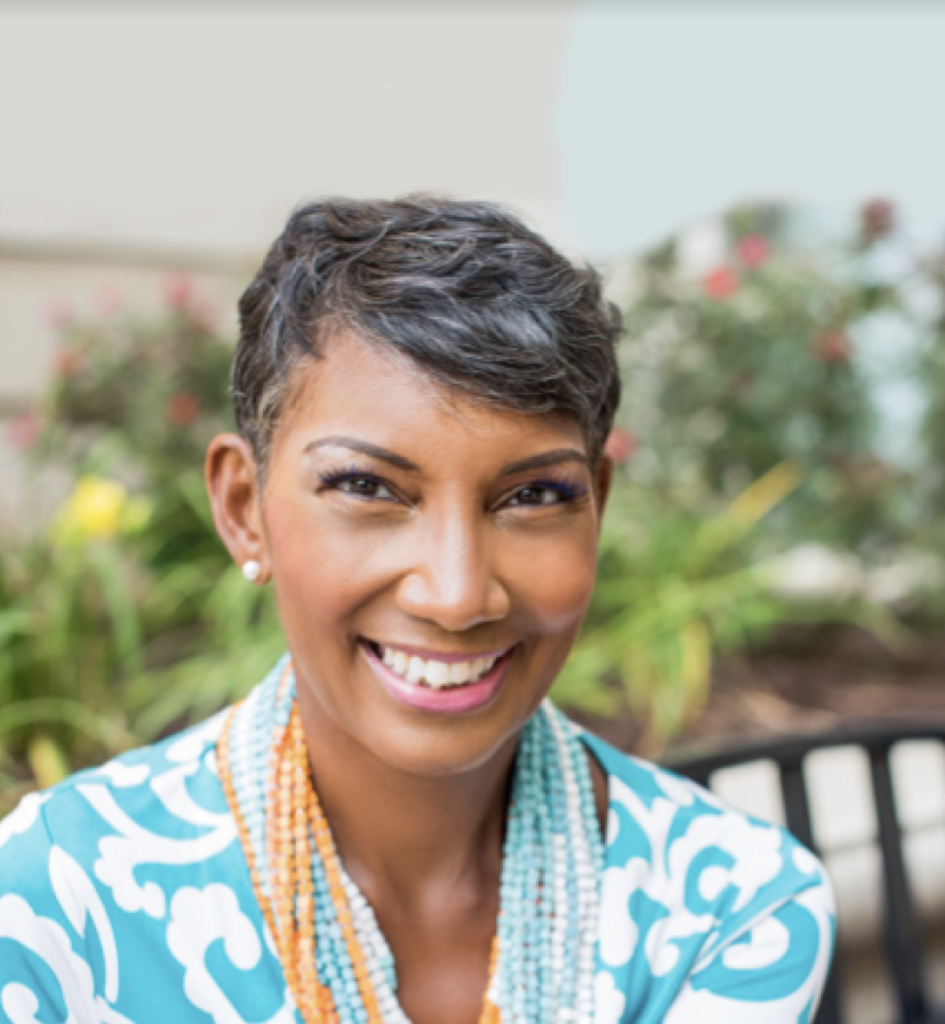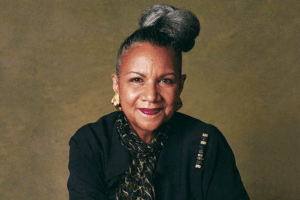 Ricki Fairley, CEO of TOUCH
Ricki Fairley, CEO of TOUCH
By Gwen McKinney
She was in the throes of a huge campaign launch, but Ricki Fairley squeezed in her annual physical, unaware that a peanut-sized lump under her left nipple was waiting to be discovered.
One day and a biopsy later, she was flight-bound to the West Coast. “I was more concerned about this important speech I had to deliver than the biopsy verdict,” remembers Fairley. Logging more than 100,000 miles of air travel, the partner in a thriving ad agency was busy with work and family, guiding her youngest daughter into her freshman year in college.
Breadwinner, rainmaker, with a dozen balls in the air, she confronted the biopsy news with a visceral response. “Can’t you just fix this? I don’t have time to die right now.”
Fairley was forced to slow down and make time to understand the full dimensions of her diagnosis: Stage 3A Triple Negative Cancer. It had moved to her lymph nodes and the 55-year old mother of two girls was staring down a death sentence.
A visit to Doctor Google revealed Fairley’s type of cancer tests negative for estrogen receptors, progesterone receptors, and excess HER2 protein – all unresponsive to targeted hormonal therapy medicines that fight the invading cancer cells. Triple Negative Breast Cancer patients suffer early relapse after standard chemotherapy, a high frequency of metastasis to lung, liver and brain and a low overall survival rate compared to other breast cancer subtypes.
Add to that, Fairley was shouldering the burden of Black women who have the highest risk of breast cancer than any other ethnic group.
Fast forward.
September 21st marked Fairley’s 10th Cancerversary. She dances, celebrates, holds live and virtual events and gives away pink shoes to the women she calls her “breasties” in the triumphant journey to survive and thrive.
“Black breast cancer is a different disease,” insists Fairley, who points to staggering statistics. Black women are struck younger and succumb quicker. Those under 40 suffer three times advance rates, 39% higher recurrence rate and 71% higher risk of death than White women.
In the midst of the worst pandemic in our lifetime, last June Fairley launched TOUCH BBCA (Black Breast Cancer Alliance). It is a collaboration with Black women patients and survivors, advocates, advocacy organizations, health care professionals, researchers, and pharmaceutical companies who are being pushed to become more responsive to the unique needs of Black women.
Using her tested marketing acumen, she has bold ambitions. “I don’t want to simply reach survivors. I want to touch them to ensure that they walk away with something they didn’t have when they came in the door.”
Hers is a feat of turning sounds into symphony. “Imagine you’re at a concert and all the musical instruments are going at the same time. What you end up hearing is noise. Our alliance is really focused on creating good sounds that people can hear and then benefit them.”
To learn more about Ricki Fairley, visit our Unerased PrimeTime 55+ Directory.





